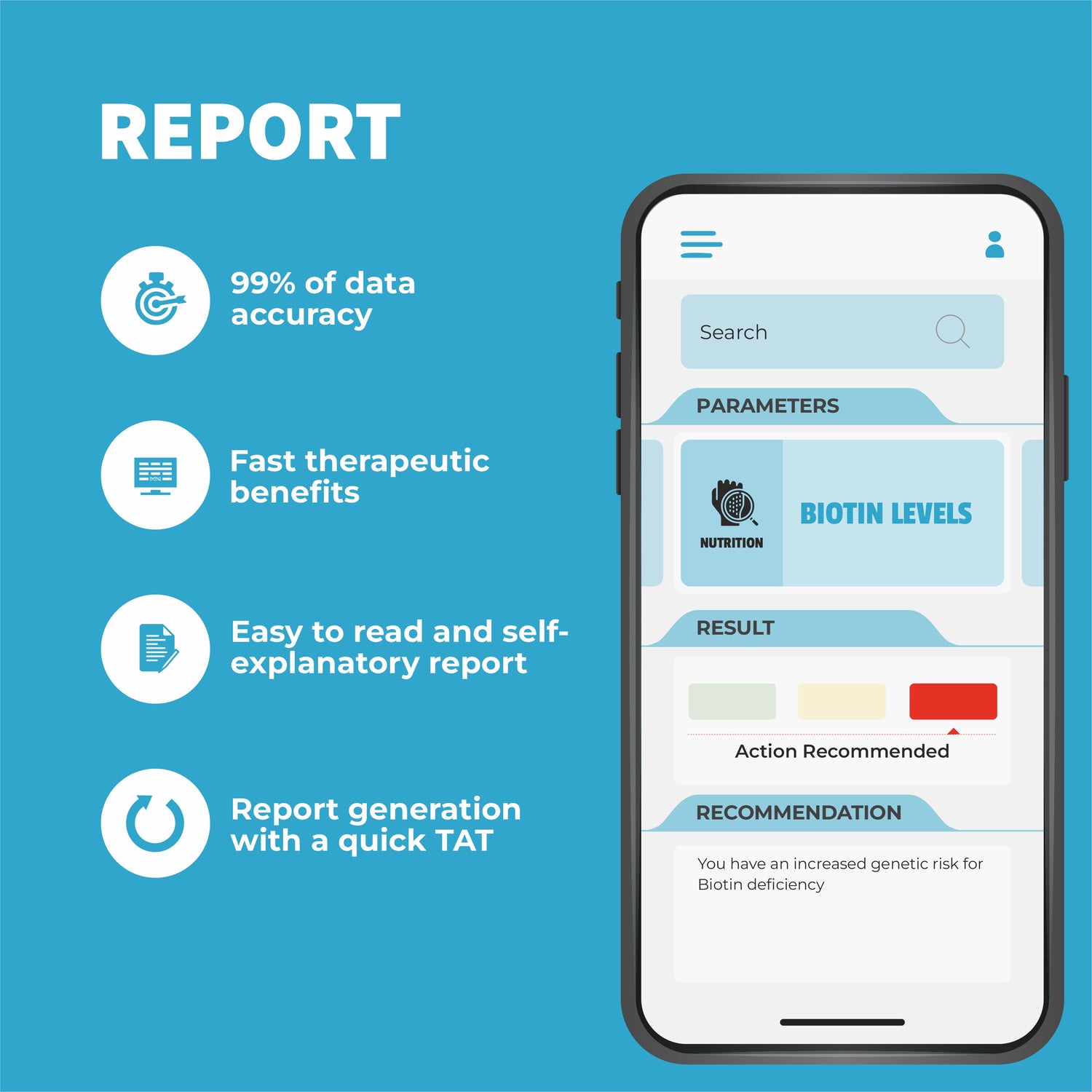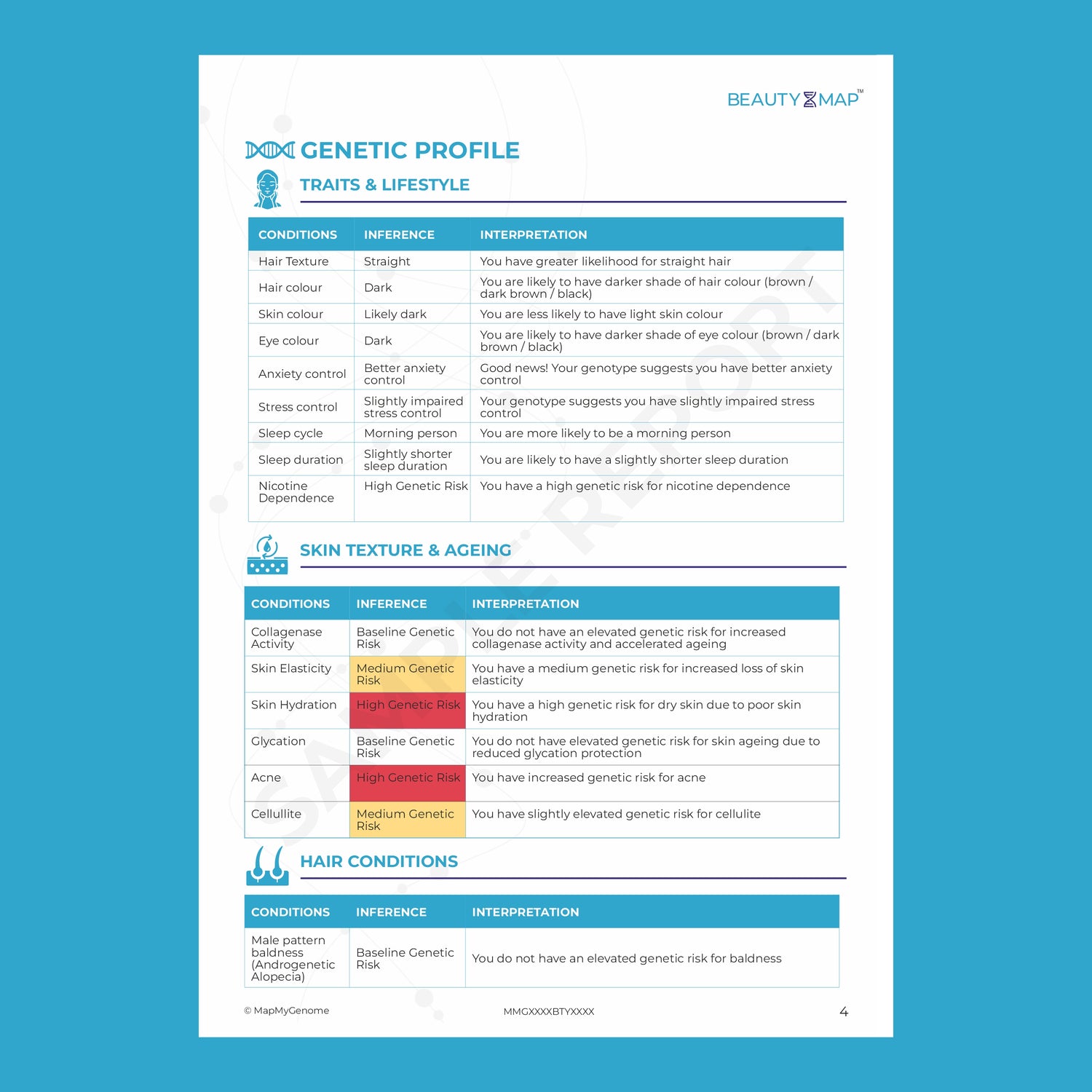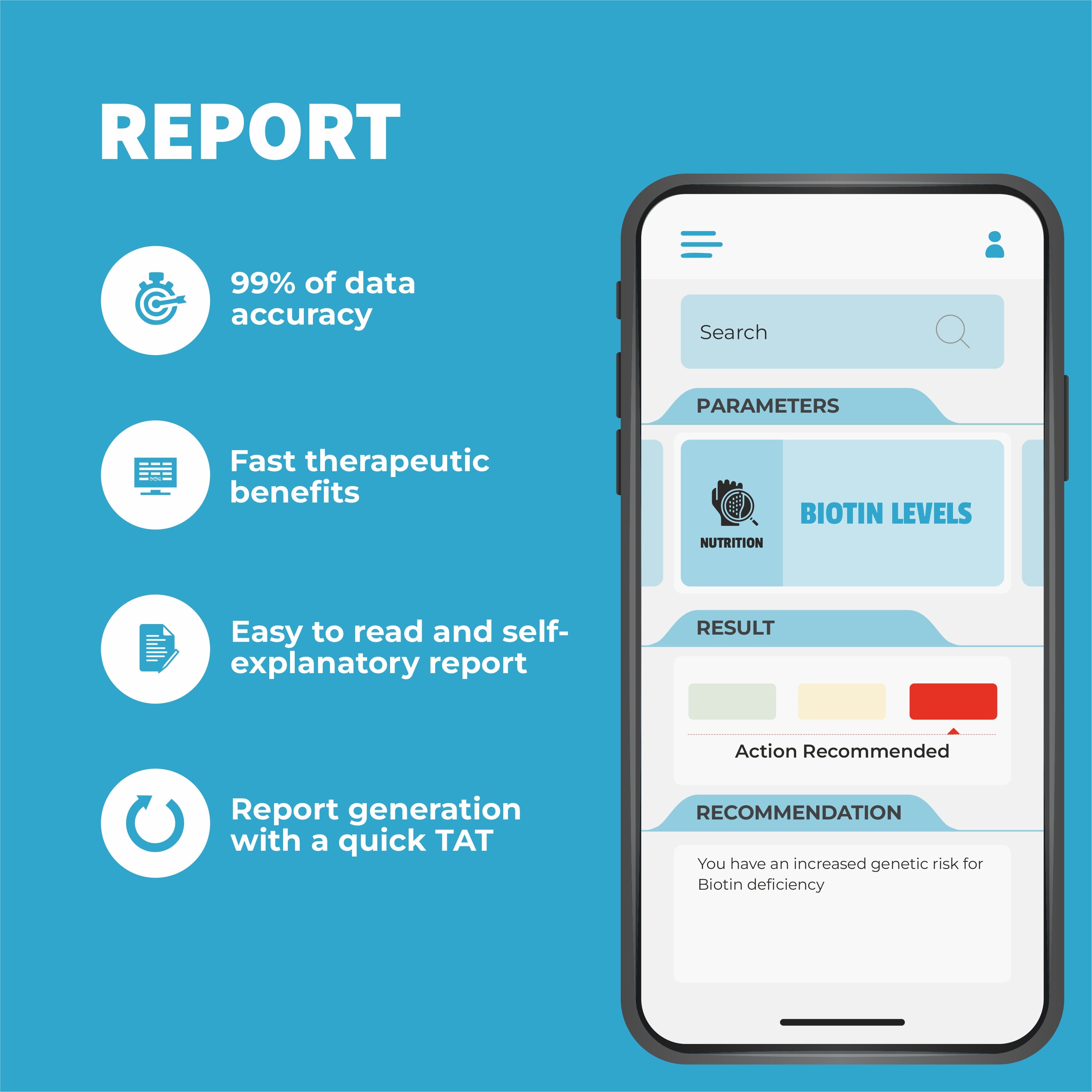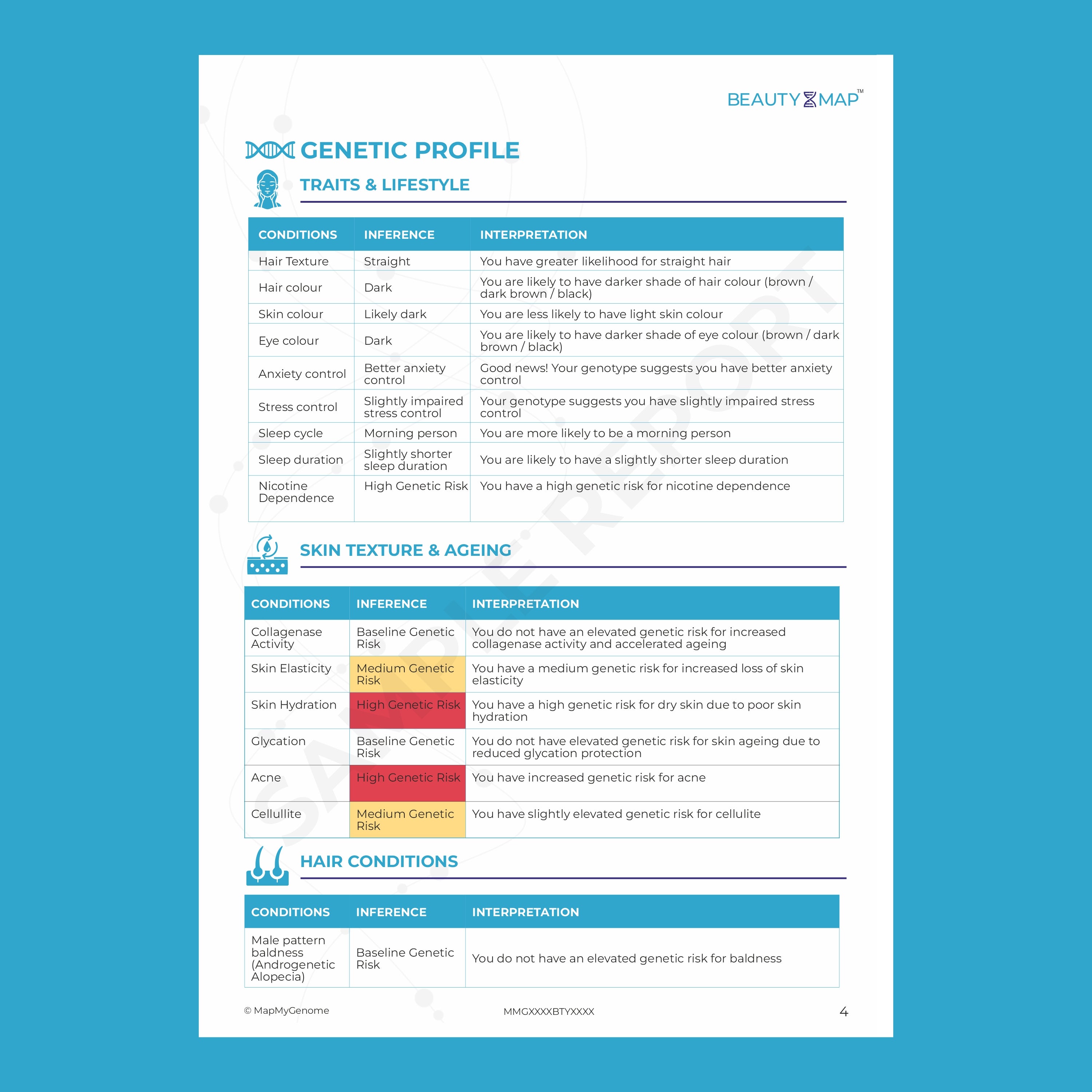As we move toward the season of snowflakes and hot chocolates, the chilly winters and climate changes can significantly trigger many health conditions. Dr. Dev Raj, MapmyGenome's medical advisor, shares tips for staying healthy and well during winter.
The onset of fall brings health challenges from allergies to flare-ups of inflammatory conditions.
Some of the conditions are -
Bronchial Asthma
The cold air can also aggravate constriction of the bronchi, further aggravating asthma.
With the reduction of humidity in the atmosphere, the dry air also dries out the mucosal membrane of the airway triggering inflammation and asthma.
Winter is also the flu season, when the flu-causing viruses have favorable conditions to transmit respiratory infections and the colder climate weakens the immune system making one more susceptible to infections. These infections exacerbate asthma and present severe symptoms.
Asthma is a complex multifactorial disease with genetics playing a significant role. Understanding genetic predisposition helps in preventing and reducing the symptoms through precautions and lifestyle modifications.
Recommendations
- Look for any allergens aggravating the condition and keep away from them
- Keep yourself warm in cold climates and away from dust or irritants.
- Stay hydrated as it helps clear out thick mucus.
- Keep a check on AQI levels in your surroundings and use an air purifier if the levels exceed acceptable levels.
- Vaccination for seasonal flu or influenza can help reduce respiratory infections which can exacerbate asthma.
- Regular exercise can help improve lung function, but if you feel breathless post-workout, check with a doctor for necessary management.
- Maintain a well-balanced diet, and avoid any foods which trigger your allergies.
- Stress can also aggravate asthma, practice yoga, meditation, and other techniques to help combat stress.
- Reach out to your physician if you notice any symptoms of wheezing, chest pain, persistent cough, and shortness of breath.
Get Genomepatri™ To Understand Your Risk For Asthma And Other Health Conditions, So Necessary Steps Can Be Taken As Recommended By The Genetic Counsellor.
Dry Skin
The cold, dry, and less humid air can dehydrate skin which can cause discomfort, itchiness and even cracking of the skin.
Less humidity makes it difficult for the skin to absorb water from the surrounding air, drying out the skin.
A hot shower might seem pleasant in the cold weather, but hot water baths strip off natural oils from the skin, drying it further.
Genetics does play a significant role in susceptibility to dry skin, the mutation in genes such as the AQP3 gene, the mutation in AQP3 can disturb the hydration barrier and compromise the hydration capacity of the skin, which causes dryness of the skin.
Here are some ways to deal with dry skin in winter:
Listen to your skin's needs, dry skin can make your skin feel itchy, red, and scaly. Cracking of skin can also be seen in severe dryness.
- Stay well hydrated, to begin with
- Change your skin needs with the climate, and cut down on over-exfoliation and over-cleansing.
- Use a gentle cleanser
- Avoid long hot showers, use lukewarm water instead.
- Use a moisturizer as soon as you pat dry so that the moisturizer seeps into your skin better.
- Use fragrance-free thick moisturizer preferably with ingredients such as Ceramides, glycerin, and hyaluronic acid, which are humectants.
- Do not skip your sunscreen, even on a cloudy day UV rays can damage your skin.
- Include a diet rich in omega 3 and omega 6 fatty acids, which help maintain the lipid barrier of the skin.
If the dryness persists for a longer time, even after the care routine, get checked with the doctor to understand if there is any underlying condition like atopic dermatitis, psoriasis, or any other skin conditions.
P.S. Get Beautymap™ To Know Your Genetic Probability For Skin Conditions Such As Dry Skin, Atopic Dermatitis, Psoriasis, And Premature Skin Aging.
Atopic Dermatitis
Atopic dermatitis is a condition characterized by inflamed, itchy skin, which often appears as red, dry, and scaly patches.
It can affect individuals of all ages, but it is more common in children.
Atopic dermatitis is a complex condition and involves a combination of genetic, immune system, and environmental factors. Individuals with a genetic predisposition, family history of atopic dermatitis, or other allergic conditions, such as asthma or hay fever, may be at a higher risk of developing the conditions.
- Use a thick moisturizer with
- Ceramides which help strengthen the barrier and have anti-atopic effects.
- Hyaluronic acid helps retain moisture
- Vitamin E and B5
- Soothing agents like aloe vera, chamomile extract, or oatmeal
- Avoid wearing woolen clothes as they irritate the skin, instead, layer up cotton clothes or breathable materials.
Psoriasis
Psoriasis and winter can be a challenging combination, It's essential to develop a personalized psoriasis management plan that considers your specific symptoms and triggers.
The combination of cold, dry air, reduced sunlight, and other seasonal factors can exacerbate psoriasis symptoms, leading to discomfort.
- Use a thick, emollient moisturizer to create a protective barrier against dry air.
- Opt for warm, not hot, baths or showers, as hot water can strip the skin's natural oils
- Moderate sun exposure can help alleviate psoriasis symptoms for some individuals.
- Stress can trigger or exacerbate psoriasis symptoms. Engage in stress-reduction techniques such as meditation, yoga, or deep breathing exercises.
- Reducing gluten or dairy intake and other inflammatory foods, can help manage their psoriasis symptoms
- Consult with a dermatologist to discuss appropriate treatment options.
Heart Conditions
Winters can alleviate heart conditions. The cold climates can constrict blood vessels increasing blood pressure and cholesterol levels, which can increase the risk of heart attacks and stroke.
In cold climates, the heart has to work extra to maintain optimal body temperature, the cold air makes it difficult as it causes heat loss from the body very easily. If the temperature goes too low it can cause hypothermia, which damages the heart tissue.
Here are some tips to deal with winter:
- Avoid overexertion, if you have any heart conditions, strenuous activity can add load to the heart, arterial blockage can further add stress to the heart.
- Keep a check on your blood pressure and cholesterol levels and take necessary measures to keep them at optimal levels
- Sudden exposure to cold can trigger vasospastic attack and can cause Raynaud’s phenomenon, which can lead to complications.
- Stay warm
- Reduce alcohol intake and smoking
- Manage stress
- Have a balanced diet and stay active.
- Reach out to a doctor if you notice any chest pain or breathing difficulties.
Get Cardiomap™ To Understand Your Risk, So That Necessary Steps Can Be Taken As Recommended By The Genetic Counselor.























